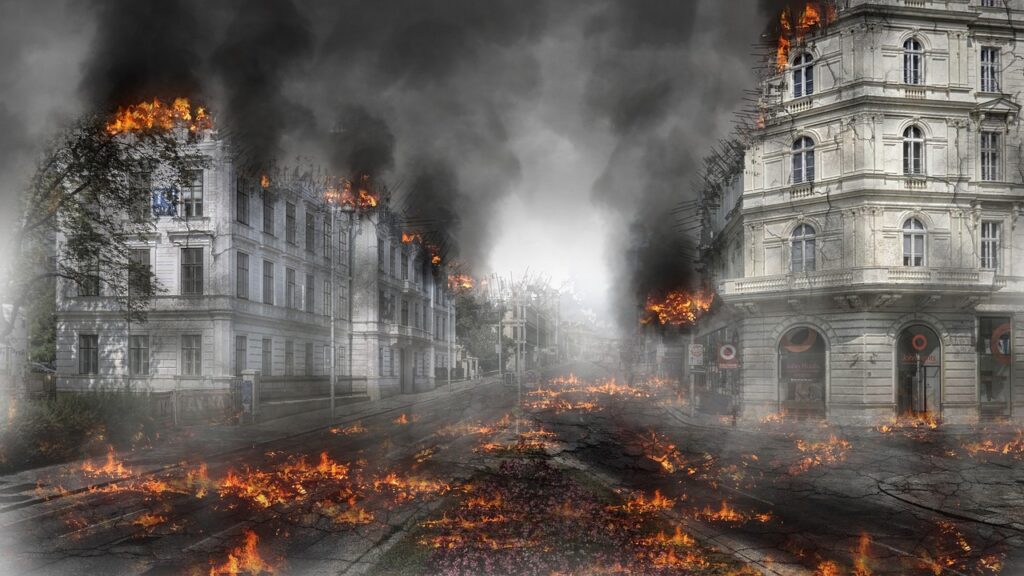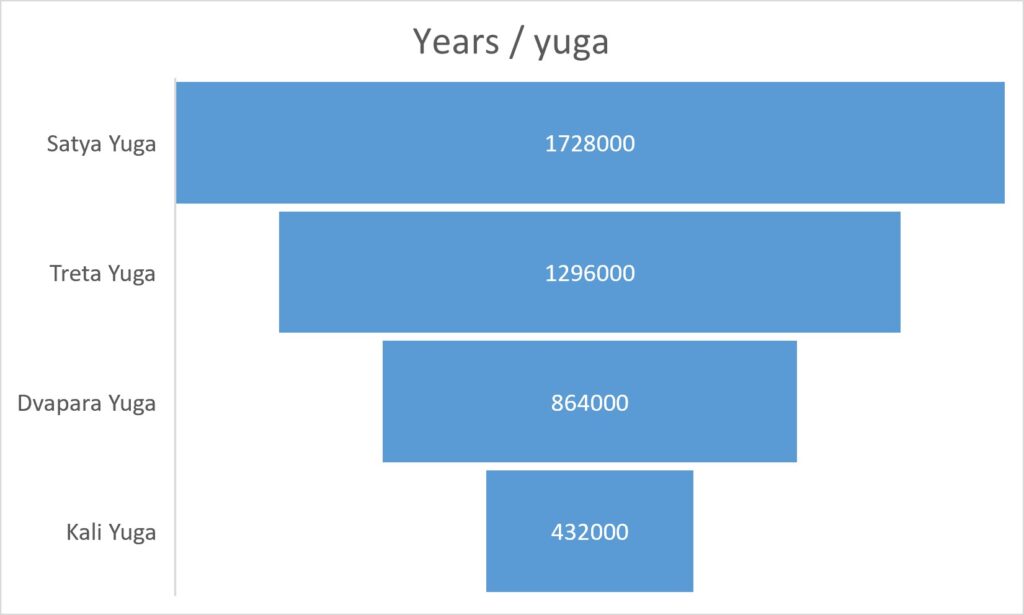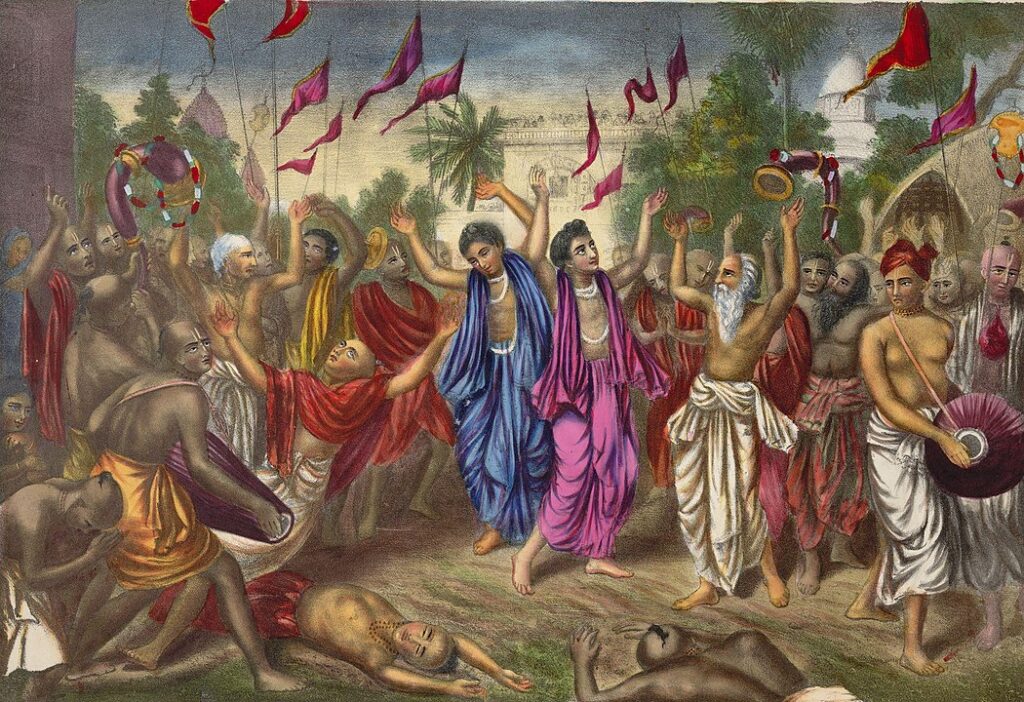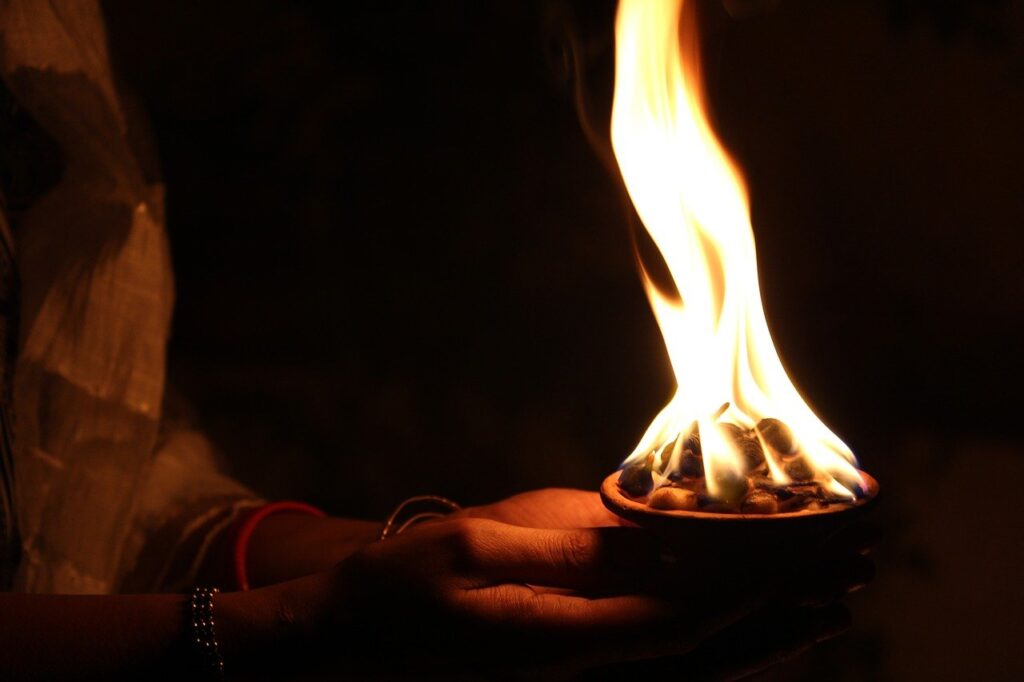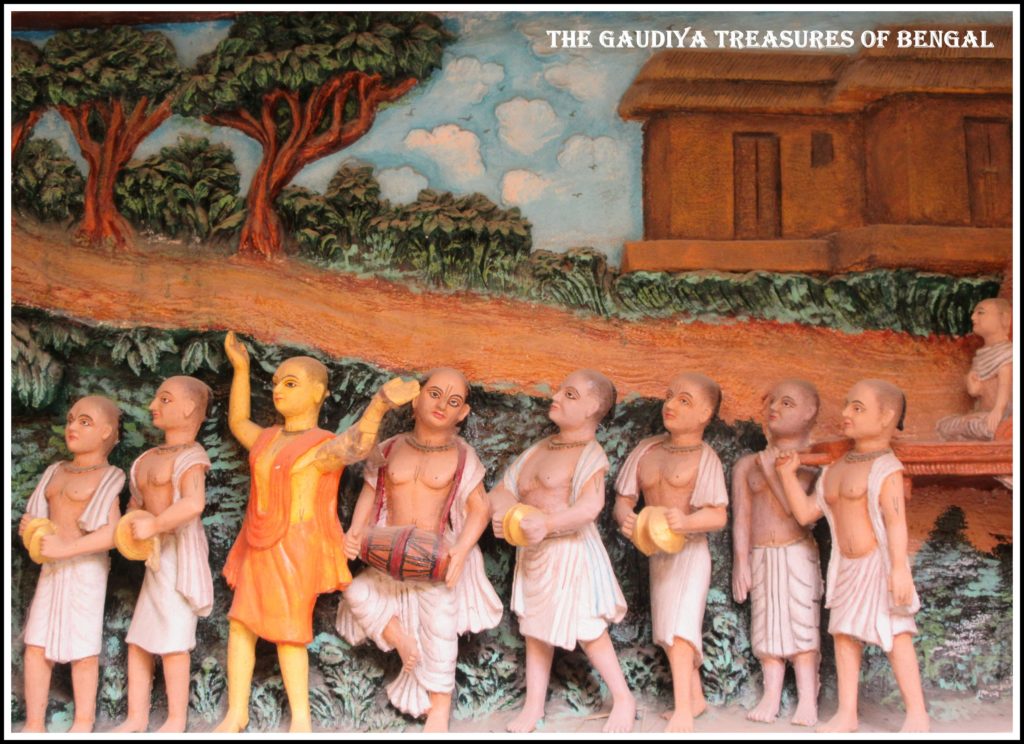 In the realm of consequences for one’s actions, the commission of sins results in enduring torment within the depths of hell (Naraka). This form of punishment, as outlined in the Bhagavata Purana (Srimad Bhagavatam), is believed to serve a dual purpose: purification and deterrence. Through the ordeal of hellish suffering, the individual’s soul is cleansed, paving the way for future enlightenment and liberation from sinful tendencies, in subsequent lifetimes. The Bhagavata Purana meticulously describes 28 infernal realms (hells), each reserved for specific wrongdoers based on the nature of their sins. This divine justice system operates on the principle of just desserts, ensuring that the punishment fits the crime. It is a testament to the profound understanding of the intricate interplay between actions and consequences within the cosmic order. Among those who arrogantly deny the existence of God and the laws of Nature, a belief in absolute freedom to indulge in sin prevails. However, despite their misguided sense of autonomy, they remain subject to the immutable laws of the material world. As a result, they inadvertently accumulate the weight of their transgressions and must face the repercussions in the afterlife.
In the realm of consequences for one’s actions, the commission of sins results in enduring torment within the depths of hell (Naraka). This form of punishment, as outlined in the Bhagavata Purana (Srimad Bhagavatam), is believed to serve a dual purpose: purification and deterrence. Through the ordeal of hellish suffering, the individual’s soul is cleansed, paving the way for future enlightenment and liberation from sinful tendencies, in subsequent lifetimes. The Bhagavata Purana meticulously describes 28 infernal realms (hells), each reserved for specific wrongdoers based on the nature of their sins. This divine justice system operates on the principle of just desserts, ensuring that the punishment fits the crime. It is a testament to the profound understanding of the intricate interplay between actions and consequences within the cosmic order. Among those who arrogantly deny the existence of God and the laws of Nature, a belief in absolute freedom to indulge in sin prevails. However, despite their misguided sense of autonomy, they remain subject to the immutable laws of the material world. As a result, they inadvertently accumulate the weight of their transgressions and must face the repercussions in the afterlife.


